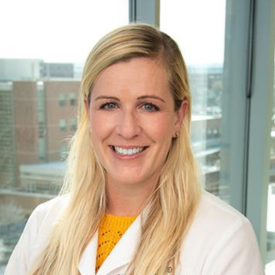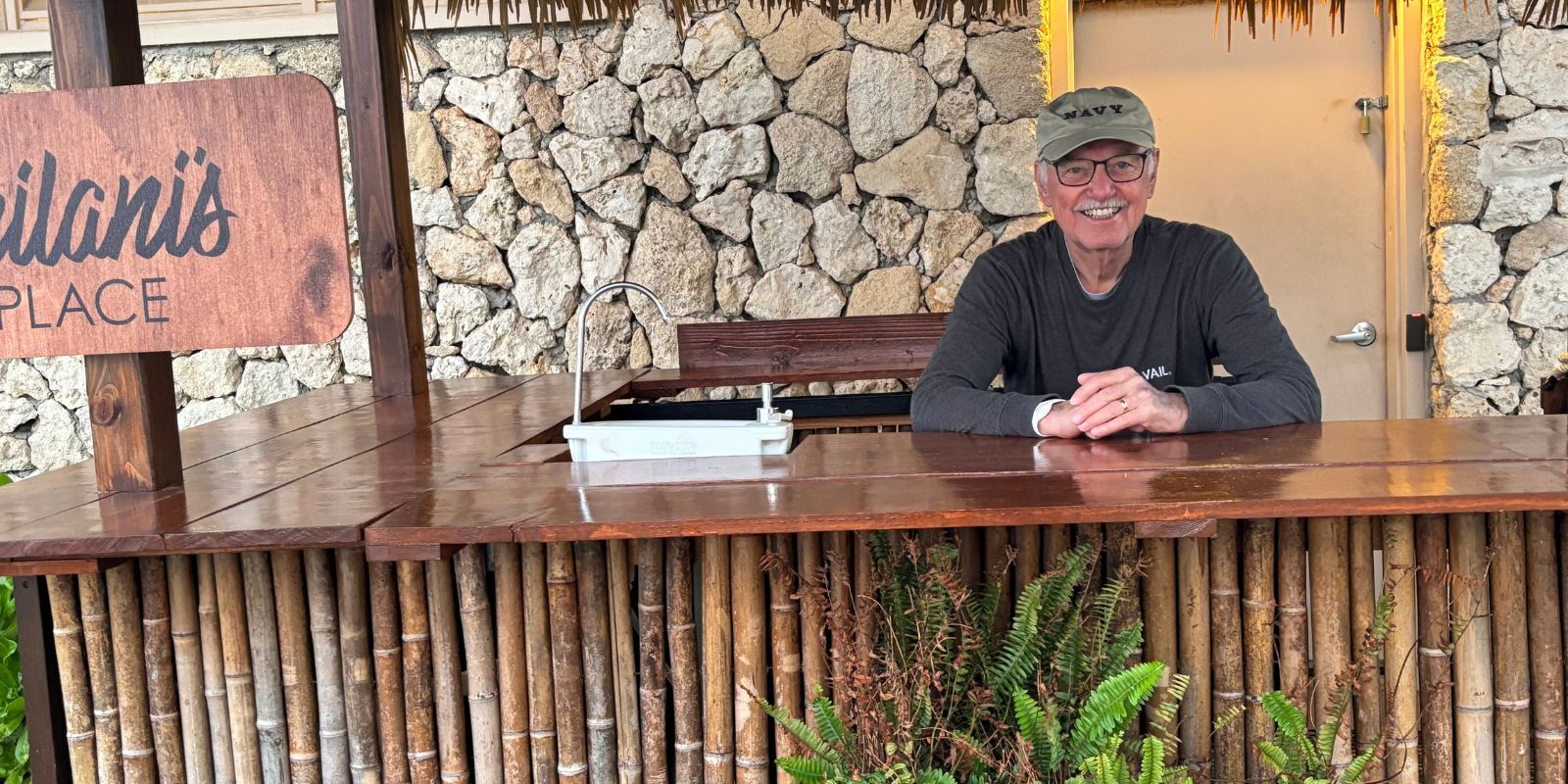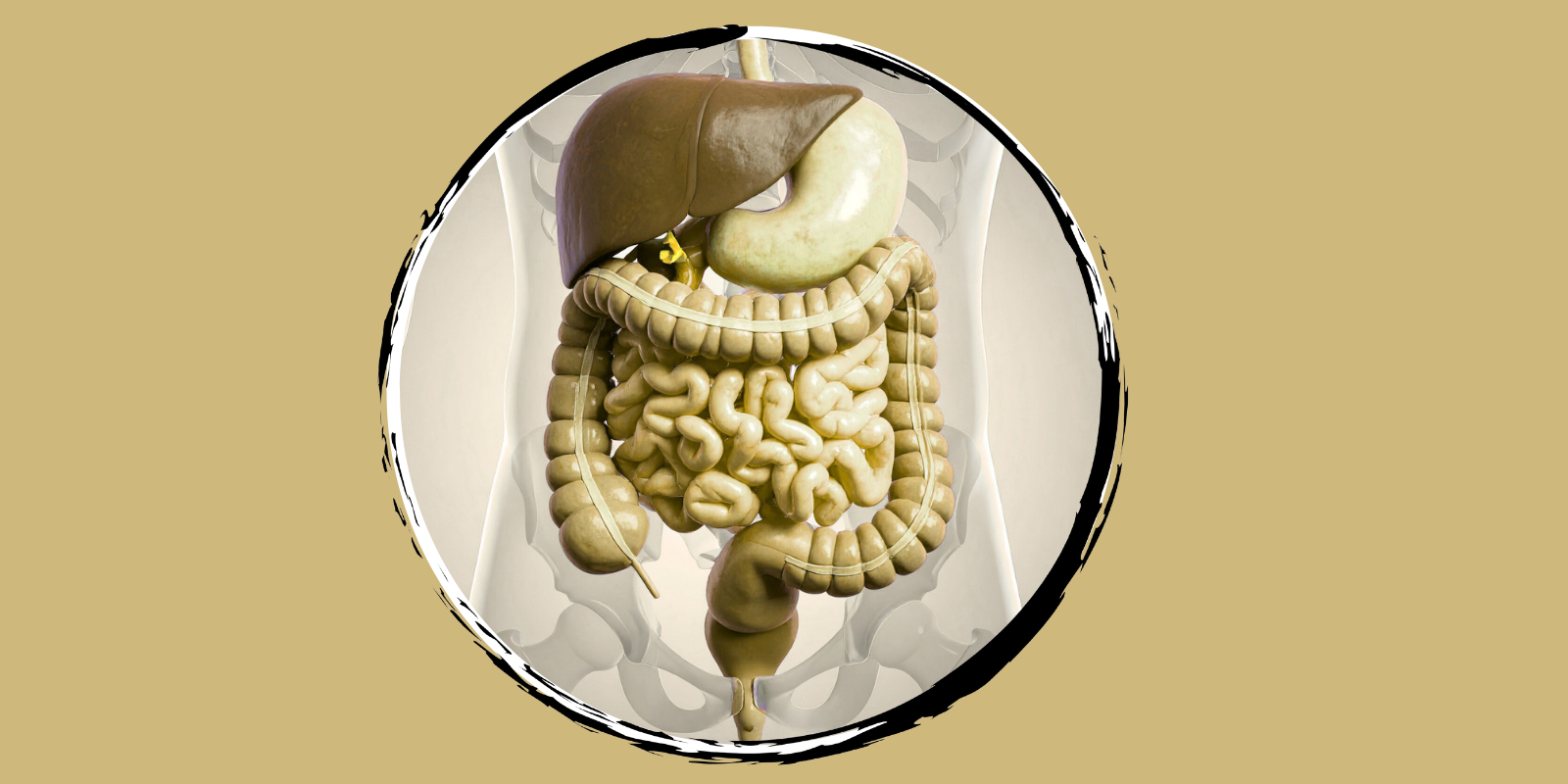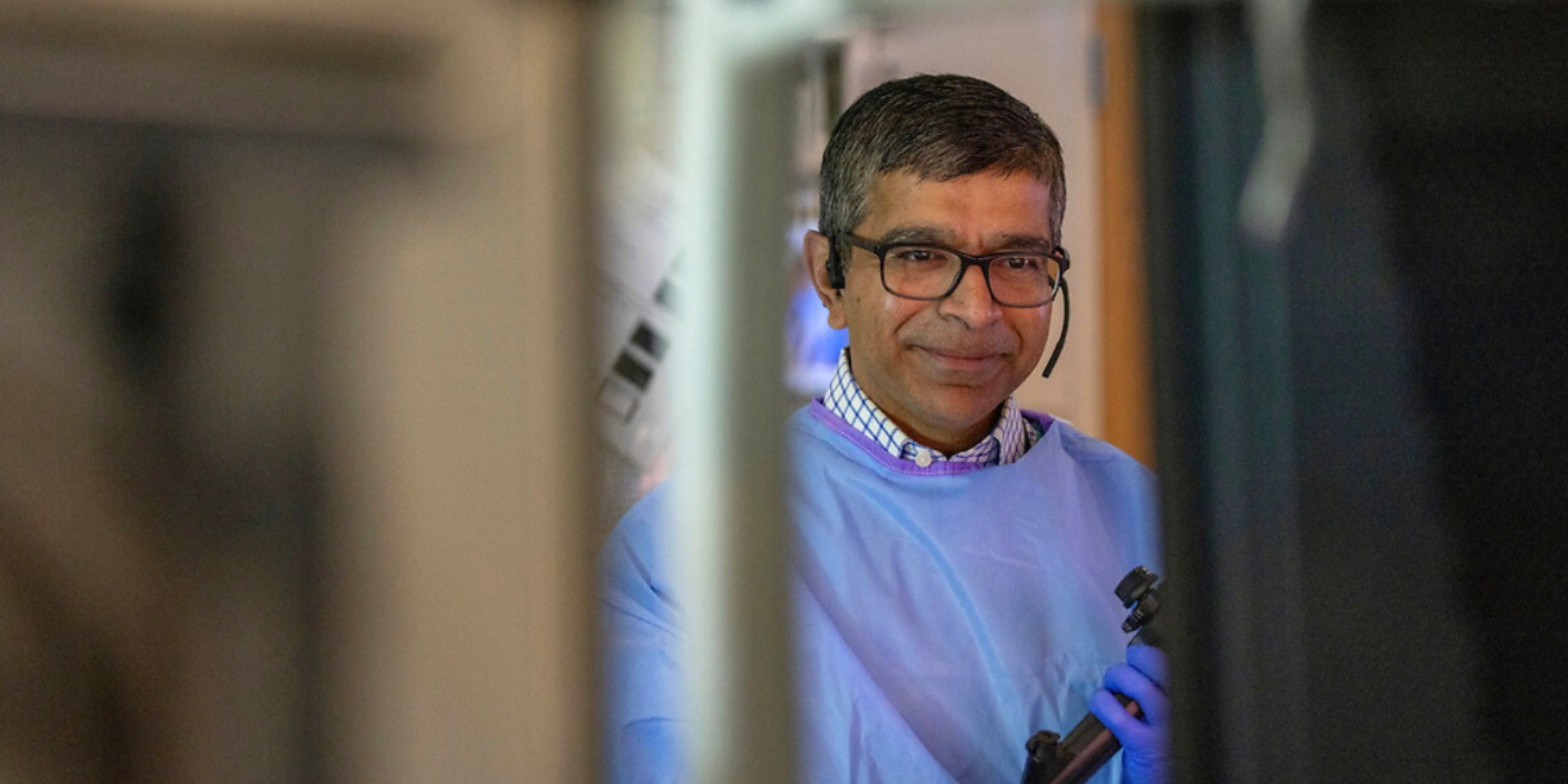The University of Colorado Cancer Center’s new Benign Esophageal and Gastric Multidisciplinary Clinic has its first medical director.
She is Kelli DeLay, MD, an assistant professor in the Division of Gastroenterology and Hepatology of the CU Department of Medicine.
The clinic, which launched in July 2023, is for patients with benign, complex conditions of the foregut, including complicated reflux cases, refractory esophageal strictures, and motility disorders. The monthly clinic is based at UCHealth University of Colorado Hospital.
DeLay says the new clinic works alongside the previously established Esophageal and Gastric Multidisciplinary Clinic, which is “focused on esophagus and stomach issues that are malignant or cancer related. Now we're also focusing on patients who have serious disease in the non-cancer realm that requires a multi-disciplinary approach. There is a paucity of resources for these patients, even though their quality of life has been impacted, in some cases, as much as those who have cancer-related conditions.”
Both clinics are affiliated with the CU Cancer Center’s Katy O. and Paul M. Rady Esophageal and Gastric Center of Excellence, which seeks to advance esophageal and gastric cancer research, clinical trials, screening, and treatments. Led by Sachin Wani, MD, the Center of Excellence was established in 2022 through a $20 million gift by Katy O. and Paul M. Rady in honor of Katy Rady’s brother, Paul R. O’Hara II, who was lost to esophageal cancer in 2015.
An all-in-one package
“The conference for both clinics is held at the same time,” DeLay says. “It’s every Thursday for cancer conditions, and on one Thursday each month, we add in the benign conditions. It’s usually the same group of providers with a few additional key players including nutrition and other specialties unique to the patient’s case. Once cases are reviewed together, the clinic immediately follows the conference.”
The CU Cancer Center currently has a dozen multidisciplinary clinics, which offer patients with specific cancers an all-in-one package that simplifies the process of getting the best treatment plan. “It's streamlined care, because your providers are talking to each other and making a plan collectively that is best for you,” DeLay says.
Specialists represented in the benign clinic can include gastroenterologists, thoracic and GI surgeons, ENT physicians, nutritionists, pathologists, radiologists, and possibly others, depending on a patient’s situation.
→ Learn more about the Clinic for Benign Esophageal and Gastric Conditions
DeLay says patients seen at the clinic typically have “complex reflux disease; motility disorders – disorders of muscle function of the esophagus and stomach, like achalasia and gastroparesis – and refractory esophageal strictures – narrowing of the esophagus.”
Examples of esophagus-related conditions seen at the clinic, she says, include “swallowing issues and motility disorders; tissue changes in the esophagus from chronic acid reflux, called Barrett's esophagus; and reflux in patients who have a complex medical history like lung transplant, in patients who have failed typical management, or when a large hiatal hernia is present. These cases can be more complex and necessitate a multidisciplinary approach.”
Already plugged in
As for stomach conditions, “there can be issues with the stomach not emptying normally, called gastroparesis, in patients with a complex medical history or in whom typical medical management has failed. In some of these cases, patients have already had surgery, and that can make it more complex as well.
If clinic patients move beyond the benign stage, “often they are already plugged into the providers that can facilitate their transition to surgery or oncology,” DeLay says. “Because both conferences happen at the same time, those providers may already be aware of the patients before they’re officially seen by the cancer team.”
DeLay says her roles as medical director include reviewing referrals with the clinic coordinator, Megan Marsh, PA-C. She also orders diagnostic testing or imaging studies needed when presenting a patient at conference so specialists have the information they need to decide on a treatment plan.
DeLay says she’s also working on community outreach in Aurora near the CU Anschutz Medical Campus. “There is a lot of need, right next door to the medical campus, for screening for cancerous conditions. Our goal is cancer prevention, and we’re working with community providers on that.”
She hopes to grow the benign clinic and see more patients. “It’s still in its infancy, but we’re building our patient numbers through outreach and notifying our fellow providers that this is an available resource.”
Patients may be referred to the Benign Esophageal and Gastric Multidisciplinary Clinic by faxing referrals to 720-848-5245. Internal referrals via EPIC can be made via the referral path Amb ref to Esoph. For more information on the clinic, call 855-633-7674.




